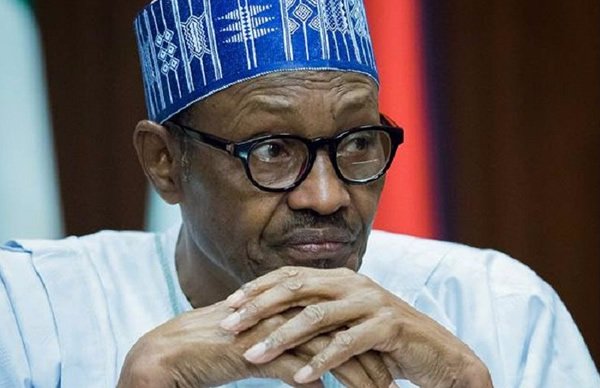
Nigeria, South Africa decline to join new African trading bloc for now

African leaders agreed on Wednesday to form a $3 trillion continental free-trade zone encompassing 1.2 billion people, but its two biggest economies, Nigeria and South Africa, did not sign up.
Nigerian presidential spokesman Femi Adesina said President Buhari would not want to agree to anything that would hinder local entrepreneurs “as on the surface the agreement had the capacity to do so.”
Adesina said the Nigerian leader was of the view that the agreement could encourage the dumping of finished goods in Nigeria and contrary to the country’s interest.
“The country had yet to understand the full economic and security implications of the agreement and that is why more consultations with stakeholders are necessary,” the presidential spokesman added.
The Manufacturers Association of Nigeria (MAN) also strongly opposed having Nigeria enter the deal saying it will lead to gross unemployment in the country.
Association President, Dr. Frank Jacobs also said his association would not adoption and ratification of the agreement until issues of market access and enforcement of rules of origin are addressed.
South Africa President Cyril Ramaphosa said he would sign once necessary legal processes were done.
“President Ramaphosa has undertaken that South Africa will become a signatory to the agreement once the legal and other instruments associated with (the trade bloc) are processed and ratified by South African stakeholders and parliament,” the presidency said in a statement.
Botswana, Lesotho, Namibia, Zambia, Burundi, Eritrea, Benin, Sierra Leone and Guinea Bissau also opted not to join AfCFTA.
“It would have been great if the two biggest economies on the continent, Nigeria and South Africa, had signed, but the most important is that the rest of the continent is sending a right message to these two biggest economies that we are moving ahead without you,” said Michael Kottoh, an analyst at Confidential Strategies in Ghana.
The African Union started talks in 2015 to establish a 55-nation bloc that would be the biggest in the world by member states, in a bid to increase intra-regional trade, which sits at a measly 15 percent of Africa’s total commerce.
Economists point to Africa’s low level of intra-regional trade as one of the reasons for the continent’s enduring poverty and lack of a strong manufacturing base.
It is blamed on a host of factors, from colonialism, to high internal tariffs to poor road and rail links to excessive border bureaucracy and petty corruption at frontier checkpoints.
The relatively small size of many African markets – only Nigeria and Ethiopia have populations estimated at 100 million people or more – also inhibit private sector investment.
Businessmen also say the current set-up forces them to look outside the continent, particularly Asia for manufactured goods.
“It is easy and cheaper to buy in Asia than to buy in the sub-region because of less-flexible rules of origin and non-tariff barriers that are not clear,” said Meriem Bensalah-Chaqroun, head of the Moroccan Confederation of Businesses.
Sudden changes in rules and impromptu checks on goods also held up supply chains.
“Some countries all of a sudden decide they are going to do a quality check on goods but they don’t really know what they want to check. That slows the trade,” said Thomas Schafer, CEO of Volkswagen Africa.
“We are not able to bring a vehicle from South Africa into Zimbabwe in a cost-efficient and fast way. That needs to change.”






